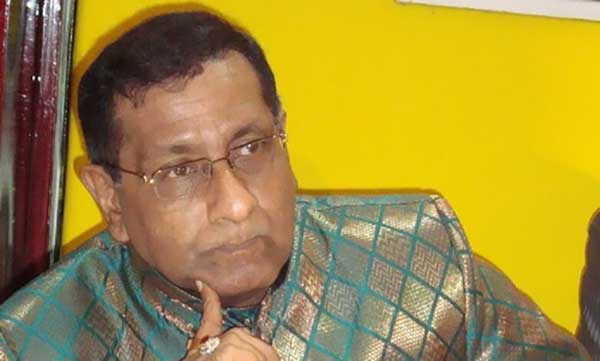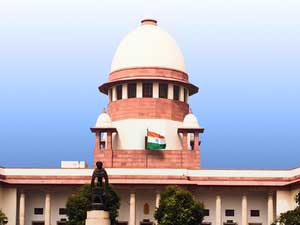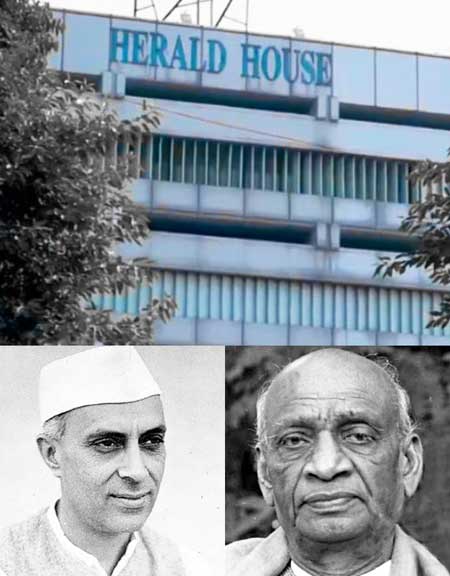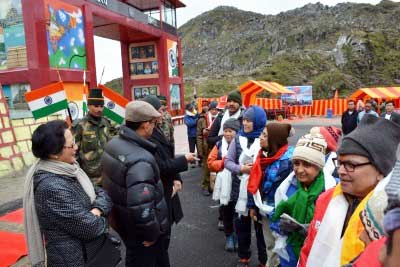Prince Shahamat Jah, the grandson of the last Nizam of Hyderabad State Mir Osman Ali Khan, has passed away after a brief illness. He was 68.
He breathed his last at a hospital in Hyderabad on Sunday evening.
He was buried early Monday at the graveyard adjacent to Masjid-e-Joodi, King Kothi, where his grandfather was buried.
Shahamat Jah was born to Mir Shujaat Ali Khan Moazzam Jah Bahadur and Anwari Begum.
Like his father who used to write poetry in Urdu and went by his pen name Shaji, Shahmat Jah was also an Urdu poet and published a few collections. He was active in promoting Urdu poetry by hosting ‘mushairas’.
Shahamat Jah’s two marriages were unsuccessful and he died childless.
He was living alone at his house in Red Hills and after selling the property recently he had moved to his sister’s house in Banjara Hills.
Shahamat Jah’s father Moazzam Jah was second son of Mir Osman Ali Khan, the last ruler of Hyderabad State. Moazzam Jahi Market, a key landmark in the city, was named after him.
Moazzam Jah’s first wife was Princess Niloufer, niece of the last Turkish Sultan and Caliph Prince Abdul Majeed. The couple had no children. Niloufer left her husband and settled down in France.
Moazzam Jah had later married Razia Begum. Shahmat Jah was his only son, born from third wife Anwari Begum.
This is the second death in Nizam’s family this year.
Mir Barkat Ali Khan Mukarram Jah Bahadur, the titular eighth Nizam of Hyderabad, had passed away in Turkey on January 14.
His body was brought to Hyderabad and buried in the lawns of historic Mecca Masjid.
Shahmath Jah was first cousin of Mukarram Jah and Mir Karamat Ali Khan Muffakham Jah Bahadur.
Mukarram Jah and Muffakham Jah are sons of Osman Ali Khan’s first son Mir Himayat Ali Khan Azam Jah Bahadur.
Muffakham Jah, Azmet Jah, the titular head of the Nizam family and his mother Princess Esra have condoled the death of Shahamat Jah.






2 killed, 6 injured in US university shooting
Two people were killed and six others were injured after an active shooter opened fire on the Florida State University (FSU) campus in Tallahassee on Thursday, law enforcement said at a news conference.
DoNER Minister bats for accelerating the Special Economic Zone in Manipur
Union Development of North Eastern Region (DoNER) Minister Jyotiraditya Scindia on Thursday directed officials to accelerate the pace of key infrastructure projects, including universities, Information Technology and Special Economic Zone in Manipur, mental, maternity and child hospital, officials said.
Notorious drug mafia Ripon Mia held in Boxanagar
In a major breakthrough in the fight against narcotics, the notorious drug mafia Ripon Mia was arrested today evening in a successful joint operation by the police and Tripura State Rifles (TSR) in Veluachar Dayalpara under Boxanagar's Kalamchoura police station.
Bangladeshi national, three touts held in Agartala
In a coordinated operation aimed at curbing illegal cross-border activity, four individuals — including a Bangladeshi national — were apprehended by security forces at Agartala Railway Station on Wednesday evening.
Biplab slams oppositions for vote bank politics over Waqf Act
Lok Sabha MP and former Chief Minister Biplab Kumar Deb on Thursday launched a sharp attack on opposition parties—Trinamool Congress, Congress and CPI(M)—accusing them of spreading deliberate misinformation regarding the Waqf (Amendment) Act, 2025.
New Act enacted to curb Waqf misuse, claims Tripura CM
Tripura Chief Minister Manik Saha on Thursday said that the Waqf (Amendment) Act 2025 has been passed in the Parliament, aiming to address allegations of misuse of Waqf properties by a section of leaders, misuse of Section 40, land grabbing, and other corruption.
DoNER Ministry facilitate in unlocking Manipur’s growth: Scindia
Union Development of North Eastern Region (DoNER) Minister Jyotiraditya Scindia on Thursday said that he is confident that his ministry would serve as a proactive facilitator in unlocking new opportunities and accelerating Manipur’s growth and development.
Bengal school jobs row: SC allows 'untainted' teachers to continue till fresh selection is over
The Supreme Court on Thursday allowed the "untainted" assistant teachers in West Bengal, whose appointments were cancelled due to large-scale irregularities in the 2016 selection process, to continue in their positions till fresh recruitment is completed.